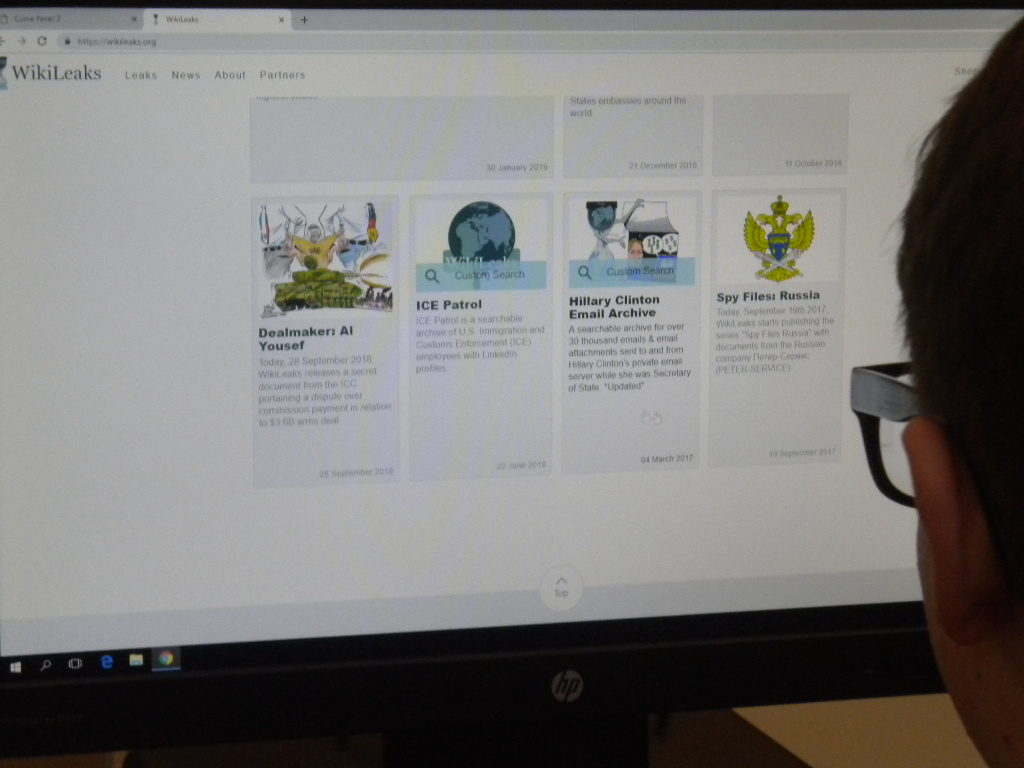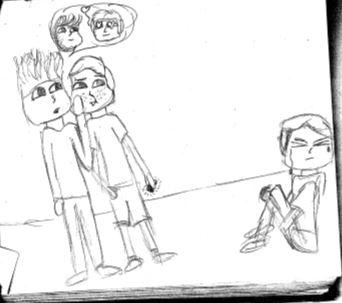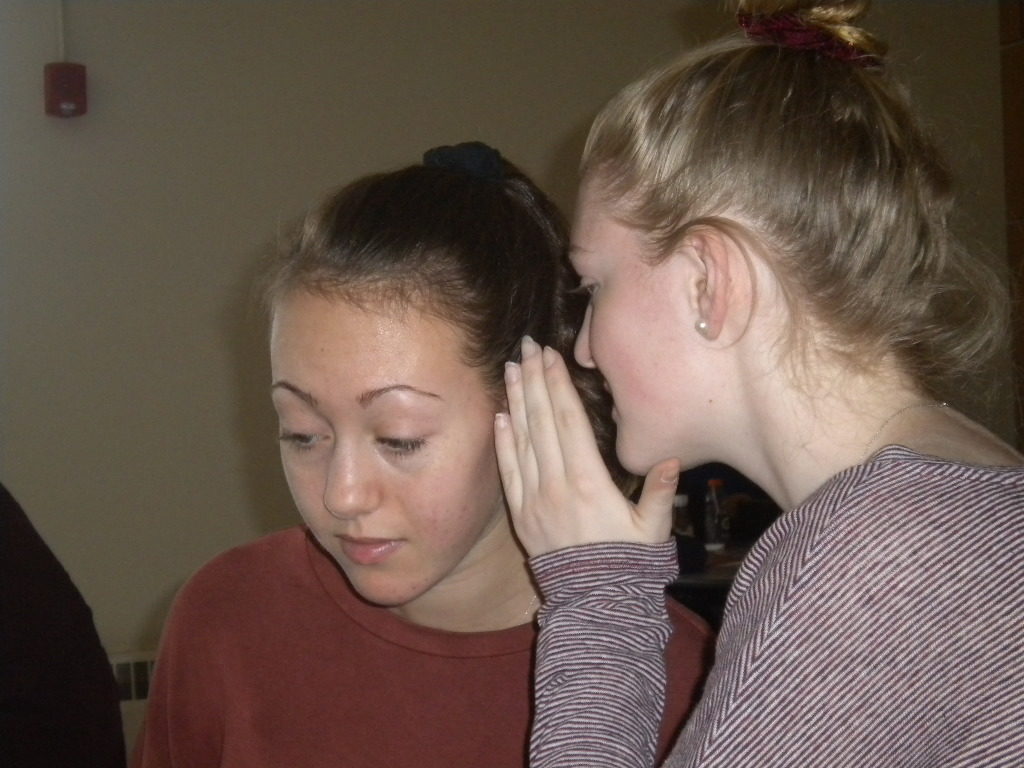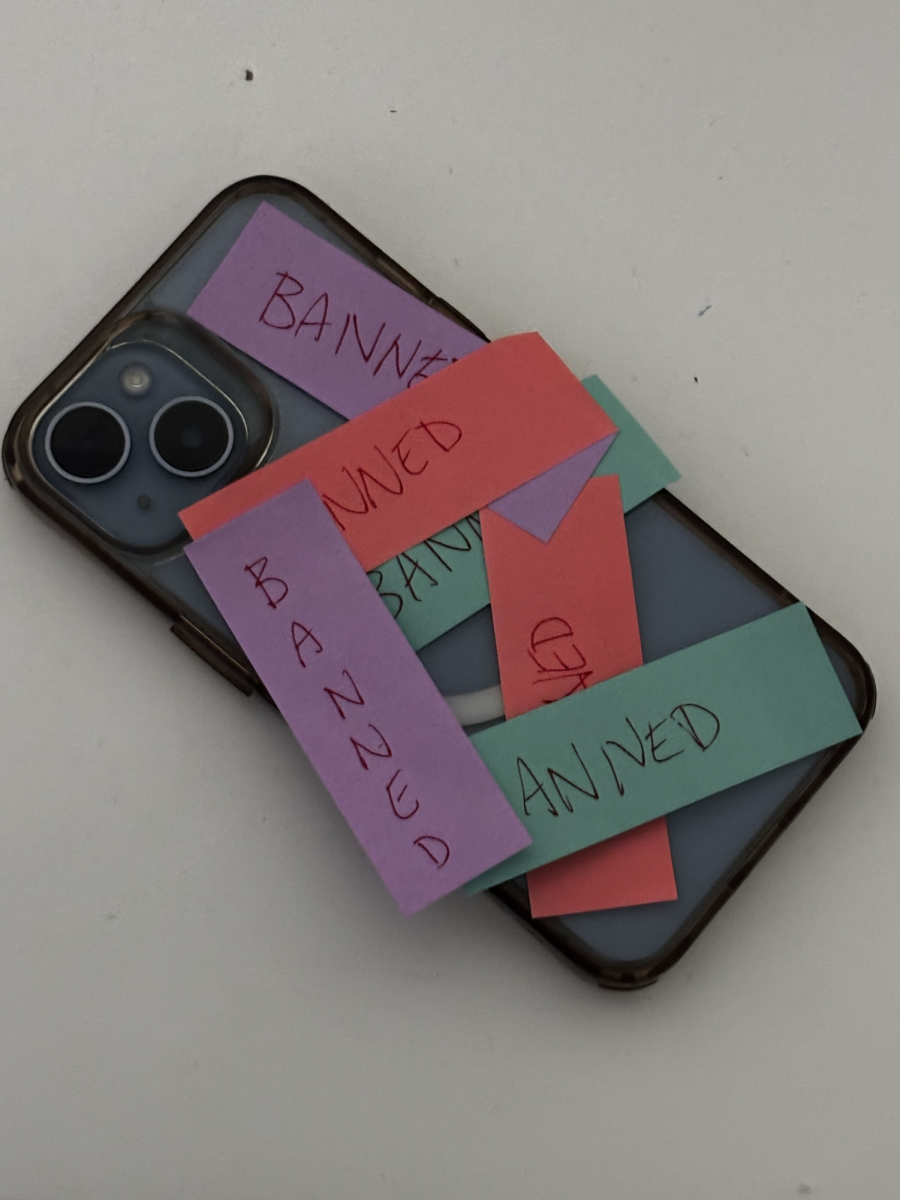With the truth, people can do amazing things.
With the truth, people can do amazing things. Truths are useful, and when someone tells you the truth, you gain trust, but when rumors come about, then trust is broken. Rumors can hurt and can help. Then, they can become entire conspiracy theories, which are glorified rumors on larger topics than a simple single person, or few. They can hurt, they can tear, and both are in abundance throughout our world. Rumors and theories distributed by social media, word of mouth, and much more can all hurt us terribly.
What is a rumor and what is a conspiracy theory? The students mostly know from experience. A rumor is when a lie or a truth is spread around in a gossipy standpoint. However, rumors fall under gossip, and while gossip can be about anything, like what someone is wearing, or what things are trendy (which I do not know!), rumors are directed to people themselves. Conspiracy theories are on a much larger gossip scale, instead mostly about the government or the world in general. It’s gossip on a large scale. One similarity between the two is that in 2019, they are everywhere, and that they are hard to hide from.

People also look on websites such as wikileaks, and others in order to see conspiracies. When people trust these sites, issues arise.
Rumors can also do plenty of harm. Starting on the smaller end of the scale, rumors have been able to spread like cancer. And people tend believe in those rumors. Rumors can eventually spread to the person they targeted, and, in singularity, they can either leave just a small “meh,” inside, or instead someone hurt by whoever started the rumor. It can cause worse if one has too many centered towards them. It can cause depression and even a loss of friends. And lots of times, the rumor is untraceable. Conspiracy theories, the polar opposite of rumors, can cause worse than just some crying, and if there are enough, depression. Conspiracies are worse.
One instance of a conspiracy theory becoming straight-up harmful was a case in the 1980s. Daycares were just becoming a thing, and people were suspicious. The conspiracy was spread that these were satanic, and that children were forced into rituals. Police could never conjure up any evidence, so in order to gain evidence, they interrogated children. And small, four-year-olds are not exactly trustworthy sources. This left daycare providers in jail, and it all was just from one person, an author who wrote about supposedly being in a cult. He eventually became a comedian… how ironic.
However, conspiracies have become known as true, as well. One of the most famous examples of this is the watergate scandal, with Nixon being found of bugging his opponents in order to strategize on what he was going to say. Nixon ended up being impeached as the first impeached president in U.S. history. Rumors have been found to be true. Possible examples include who’s with who, who could be pregnant, or sexuality. However, rumors fail to come close to what conspiracies can do to people (a rumor can’t bring down a president, right?).

Rumors about someone can actually hurt the person, not physically, but emotionally.
But, with all of this, we need to take a look at a worrisome aspect. Rumors can fester. Sometimes into conspiracy theories. How does this happen? Well it starts at an obvious point, where the rumor is started. This rumor needs to be about something big, not always with the government, but it needs to do with something strong (govt, large institution, etc.). Eventually, a small amount of “proof” can be seen, and the rumor is spread throughout something like twitter, where it becomes even larger. Eventually, when a large corporation sees and addresses the rumor, it can eventually grow into a conspiracy.
Social media is also a dangerous agent of rumors. Because of social media, instead of a single rumor taking days to spread, and being easier to shut down, social media can make a rumor spread to worrying heights within just an hour, possibly faster. If we were to take a rumor that spreads, let’s say, 50 people in a day before social media. When social media comes along, it would be the same in maybe 10 minutes. That’s because of the ability to easily share anything on social media. This media spread can also contribute to conspiracy theories. Because of the internet and sharing information, “leaks” and the ideas can be shared easily. The internet, though useful, can also make conspiracies corrupt and rumors spread.
rumors can fester. sometimes into conspiracy theories.
Students at Jamesville DeWitt High School have many things to say about rumors,“Social media, well, you can fake stuff. [To fake evidence] you can photoshop, edit, and facetune. You can edit photos,” says freshman Kerry Dunn. “You can post these photos on Snapchat, and lots of people can see them.” Dunn was talking about how social media can influence the spread of rumors. She was elaborating on what could be used to edit the photos. Sometimes, rumors can just not be cared about. “One rumor type is people’s sexuality,” says freshman Eryn Douglas. “Who cares? It’s just hurtful.” Rumors have even been spread by mistake. “One guy was expelled for drugs at a school party,” said sophomore Mark Ensalada. This rumor just listed was unintentionally spread by Ensalada, and he isn’t the only person to accidentally spread a rumor. However, people have experienced true rumors, with “someone being pregnant,” as stated by junior Riley LaTrey.
Overall, both rumors and conspiracies can pose a danger to people. The two are powerful, and can even be dangerous if in the right context. And though we have them everywhere, we need to also see that they have helped people, such as the entire U.S. from having the corrupt Nixon or Bill Clinton as president. Rumors can be summed up with just one word as “clouded.” If they are investigated, then people will know the truths from the lies. They just need to be spread out, and have the clouds cleared, to reveal the truth, and occasionally, they are true all the way through. And with the truth, people can do amazing things.






























